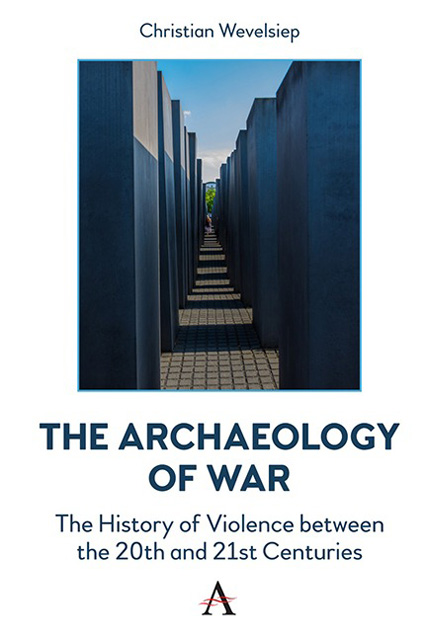Part III - Between The Twentieth and Twenty-First Century: The Worldview of Concern
Published online by Cambridge University Press: 17 October 2023
Summary
Does the twentieth century lie before our eyes like a book? Is history readable and left to our interpretation? In such talk lies an error in thinking that leads to problematic consequences. The history of violence breaks down into episodes that can be integrated into a whole. The individual events can be framed in a narrative and arranged according to a certain logic. How one thinks together the aspects of colonialism, imperialism and fascism, for example, how one connects the eruption of violence with the disintegration of the great empires – all this can be determined narratively. To these patterns of interpretation, however, we must add a perspective that cannot be reduced to a concise motif. In this sense, the talk of dark places emphasises that the past century has not been opened up in every respect and that the events of violence are still a cause for heightened reflections that may well turn out to be gruelling and agonising.
But what is the point of presenting it in essay form if the insights from a certain point of view are few? The claim of the present discussions goes back to the idea that we live with a world reference in which the past century enters in various ways. In order to stabilise this world reference, a coping strategy is needed in which historical narratives can and should make a contribution. Not by reconstructing the harrowing experiences of violence over and over again, but by linking them as strategies of self-assurance.
Historical constructions fulfil psychic effects, which cannot be disposed of at will, but which produce a specific cultural meaning. The century of violence evokes the psychological reflex of justification and self-protection (hereafter: Straub 1998, p. 138 ff.). The culpable involvement in violence must be cleared up, without finally being able to ‘clear the air’. Who was involved in the situation of violence under what circumstances and with what intentions can no longer be meaningfully resolved. Henceforth, it is more a matter of the complex relationships between past and present temporalities. From a phenomenological point of view, it should be considered that our own self is directly entangled with the determinations of the foreign.
- Type
- Chapter
- Information
- The Archaeology of WarThe History of Violence between the 20th and 21st Centuries, pp. 111 - 116Publisher: Anthem PressPrint publication year: 2023

